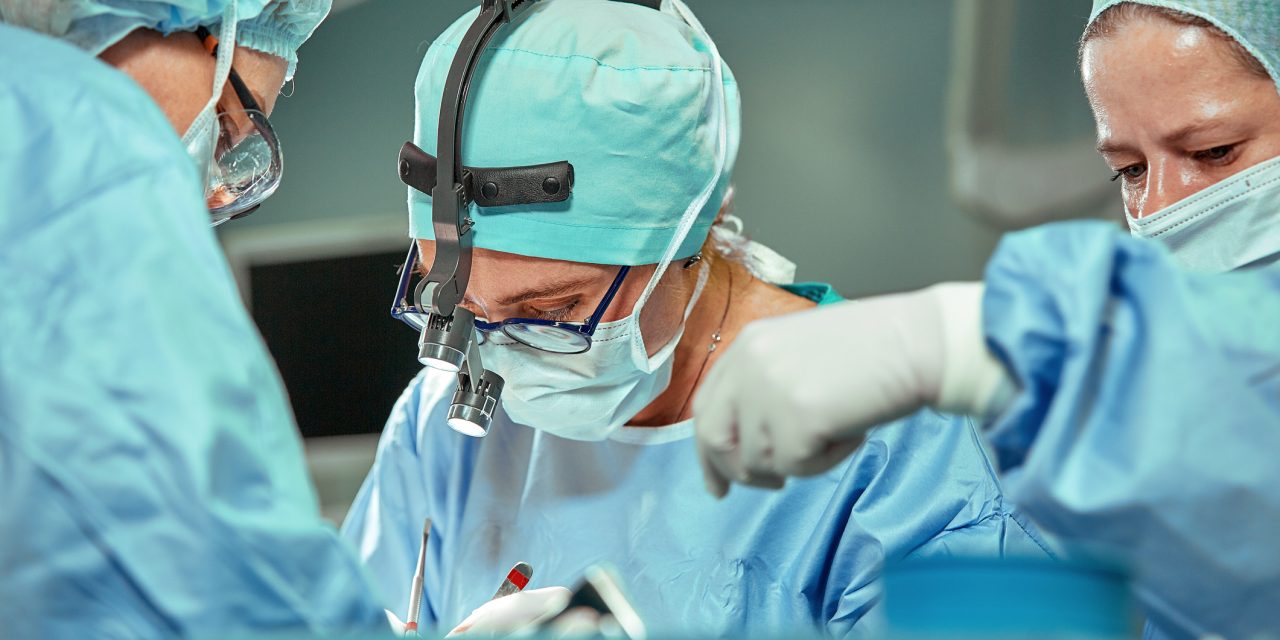Multiple surgical procedures and anesthesia increase the risk of the development in children. However, the influence of such exposures on the developing childhood immunity organs is rarely reported.
High-throughput sequencing of T-cell receptor (TCR) repertoires (TCRseq) from rhesus monkeys’ thymus was performed to investigate whether anesthetics could induce de novo antigen recognition via TCR or TCR development impairments.
No significant difference between sevoflurane and control groups regarding VJ gene combinations and diversity of V and J gene was seen, nor was there an obvious change in similar average number of Complementarity Determining Region 3 (CDR3) aa clonotypes. Our analysis of Rank abundance, Gini coefficient, Simpson index, Normalized Shannon Diversity Entropy (NSDE), Morisita-Horn Similarity Index (MHSI) and Bhattacharyya Distance (BD) indicated there is no difference in TCR diversity and similarity.
These results suggest early events in thymic T cell development and repertoire generation are not abnormality after multiple sevoflurane exposure during childhood. The stabilization of the immune repertoires suggested the safety of sevoflurane in host immune response in children.
Copyright © 2020. Published by Elsevier Inc.
Multiple sevoflurane exposures don’t disturb the T-cell receptor repertoire in infant rhesus monkeys’ thymus.


